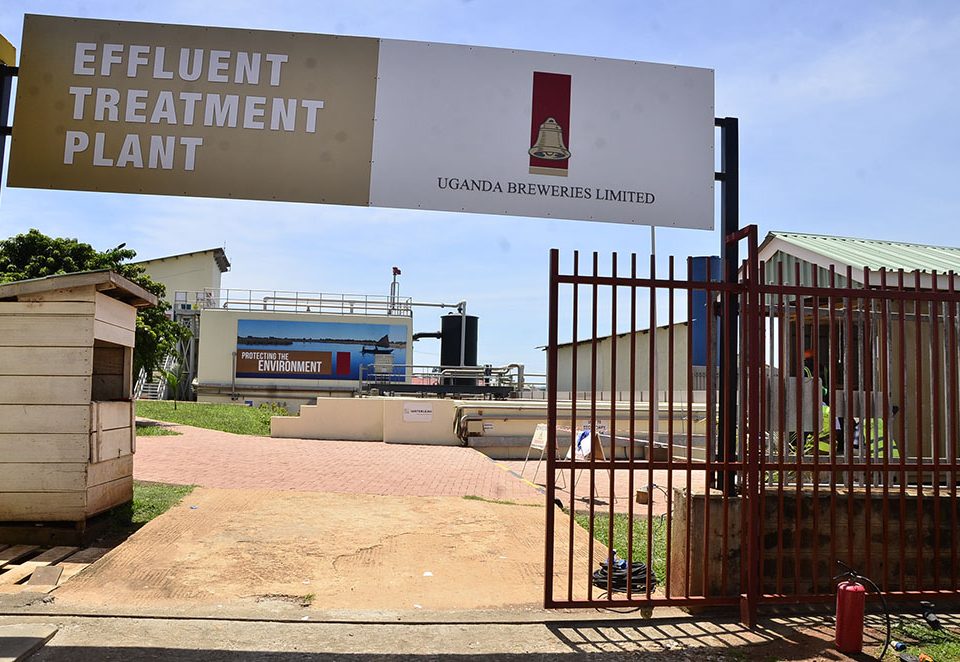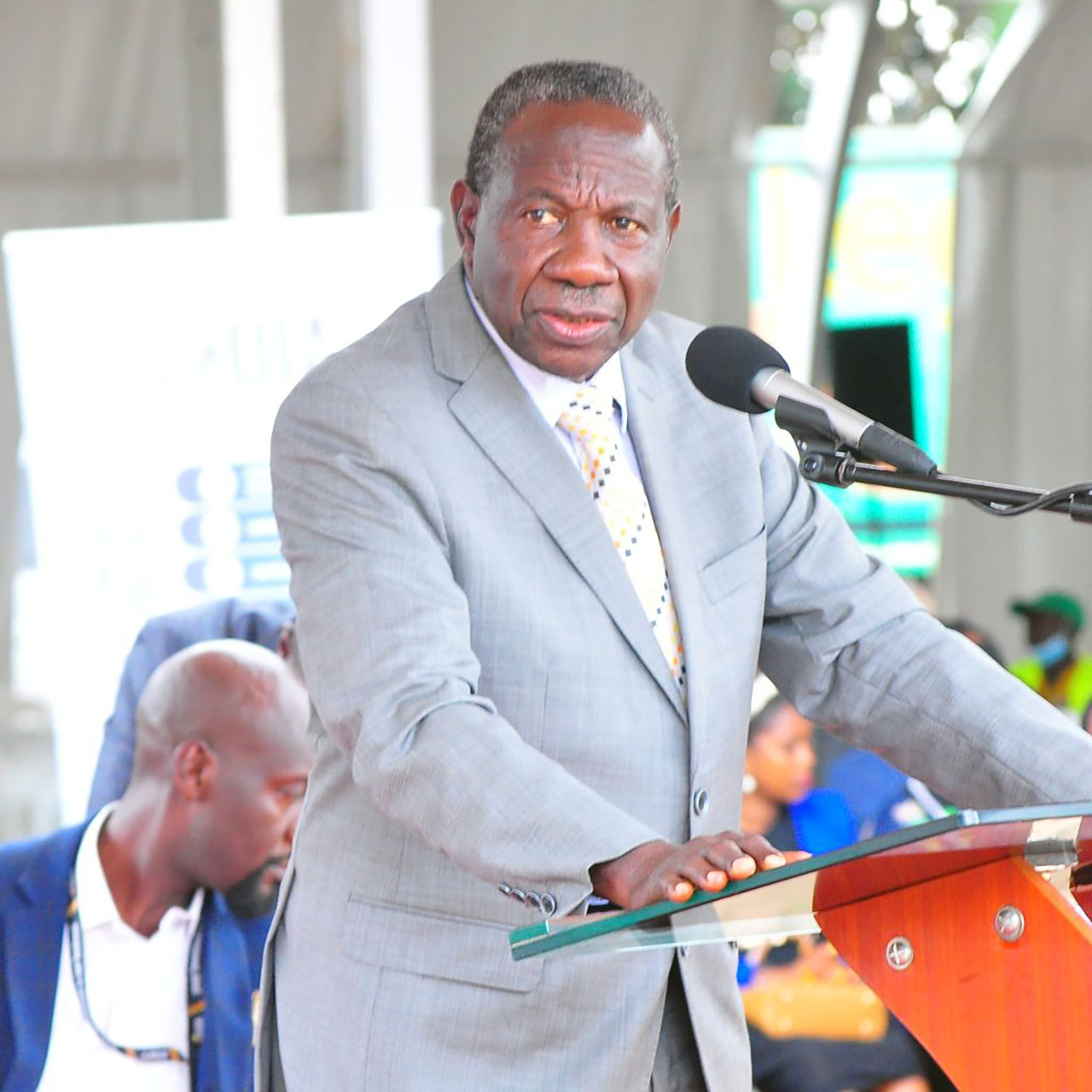BoU slashes key rate to 9.75% from 10.25%

BoU Deputy Governor Atingi-Ego is cautiously optimistic about the country's economic outlook.
The Monetary Policy Committee (MPC) of the Bank of Uganda has announced a significant reduction in the Central Bank Rate (CBR), lowering it by 25 basis points to 9.75%.
This strategic move reflects an improved inflation outlook and aims to bolster economic growth while maintaining price stability.
Deputy Governor Michael Atingi-Ego emphasized the rationale behind this decision, stating, “Inflation remains subdued, in part reflecting the unwinding of global shocks, a stable shilling exchange rate, and prudent monetary policy.” This balancing act seeks to stimulate economic activity without igniting inflationary pressures.
- The reduction from 10.25% a rate raised earlier in the year to combat rising inflation signals a shift in focus.
Atingi-Ego noted, “The CBR’s reduction reflects a decrease in inflation and the stability of the shilling against the dollar,” underscoring the central bank’s commitment to fostering a conducive environment for economic growth.
Recent data supports the MPC's decision. Over the twelve months leading to September 2024, annual headline and core inflation averaged 3.2%.
- In September, both metrics showed further declines, with headline inflation at 3.0% and core inflation at 3.7%, down from 3.5% and 3.9% in August, respectively. This decline was largely driven by lower oil and food prices, particularly affecting transport services.
Atingi-Ego acknowledged that “the inflation outlook is susceptible to risks,” highlighting the necessity of careful monitoring in this dynamic economic environment. The Bank of Uganda projects that average core inflation will remain below the medium-term target of 5% over the next 12 months backed by a stable shilling and favourable global commodity prices.
Despite this optimistic outlook, several risks loom over the inflation landscape. On one hand, inflation could be lower than anticipated if previous policy measures dampen demand significantly or if global economic conditions worsen. Favourable harvests could also lead to lower food prices, further supporting the inflation outlook.
Conversely, geopolitical tensions could elevate energy prices, while extreme weather events might drive food prices higher than projected, highlighting the intricate nature of economic forecasting in an interconnected world.
The decision to lower the CBR is vital not just for stabilizing prices but also for invigorating the economy. Lower borrowing costs can increase consumer spending, which stimulates business investments and job creation. This interconnectedness underscores the importance of responsive monetary policy.
- “Central banks must navigate a fine line between encouraging growth and controlling inflation,” Atingi-Ego remarked, encapsulating the challenges faced by monetary authorities.
- As Uganda's economy continues to recover, the CBR adjustment signifies a proactive approach to fostering sustainable economic development.
Darius Mugabi, an economist at Makerere University Business School, views the BoU’s decision as pivotal for the nation’s economic policy. He notes that by fostering a stable inflation environment while encouraging growth, the central bank aims to support both consumers and businesses amid an uncertain global landscape.
“The balance between growth and stability remains a central focus for Uganda’s economic future,” he states.
BoU says inflation is expected to remain below target in the near term and the inherent uncertainty in the outlook that warrants a cautious monetary policy stance. This commitment reflects the Central bank's on-going effort to cautiously navigate the economic.



.jpeg)






















































